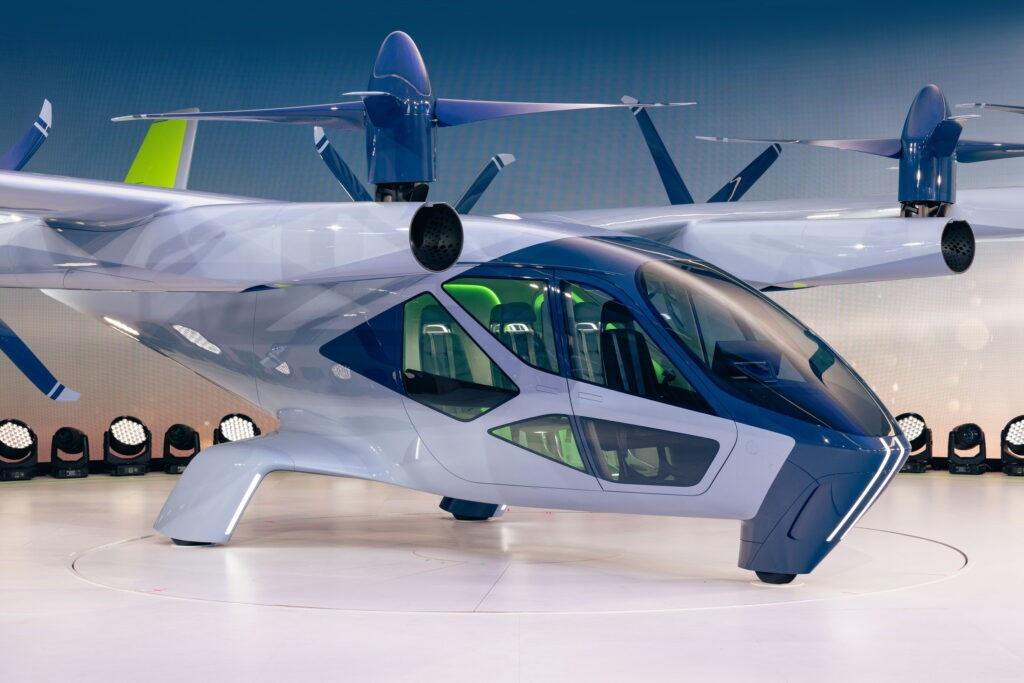Hyundai's air mobility division, Supernal, is set to launch its S-A2 electric vertical take-off and landing (eVTOL) aircraft in 2028, anticipating a surge in demand for electric aircraft in urban taxi services. The S-A2, presented at CES 2024, boasts a seating capacity for five and is powered by electricity. Designed by Hyundai group's Luc Donckerwolke, it embodies an "auto meets aero" aesthetic.

President of Hyundai, Jaiwon Shin, a NASA veteran, leads the Supernal project, foreseeing a significant expansion of eVTOL aircraft in the future, potentially numbering in the "hundreds of thousands." Shin emphasises Hyundai's advantage in mass production, acquired from the automotive sector, as a crucial asset in meeting this anticipated demand.
Features of Hyundai's Supernal flying taxi prototype
Donckerwolke, responsible for the unique design, describes the transition from cars to aircraft as entering a "bigger toy store." The S-A2's distinctive feature lies in its electric power, ensuring a quieter operation compared to traditional aircraft. Supernal notes its noise levels during take-off at 65dB, akin to a dishwasher, and 45dB while cruising. With a cruising speed of 120mph and altitudes up to 1500 feet, it is designed for short journeys of 25-40 miles.
The article's aluminium industry perspective is projected toward the critical role of lightweight materials. Supernal collaborates with Hyundai's automotive division to leverage expertise in mass production, focusing on aluminium alloy components for the aircraft's construction. This strategic approach aligns with Hyundai's vision to challenge conventional design boundaries and contribute to the future of mobility.
Why is the use of aluminium important for aviation purposes?
The use of aluminium alloy components in the S-A2 not only enhances its performance and efficiency but also aligns with the broader trend in the aviation industry toward lightweight materials for improved sustainability and fuel efficiency. Hyundai's integration of mass production capabilities from the automotive sector signifies a pragmatic approach to address the anticipated surge in demand for eVTOL aircraft. This convergence of expertise showcases Hyundai's commitment to shaping the future of urban air mobility.
If you wish to learn more about the entire aluminium value chain, please have a look at AL Circle's special report, Future of Aluminium in Transportation Sector.
Responses

